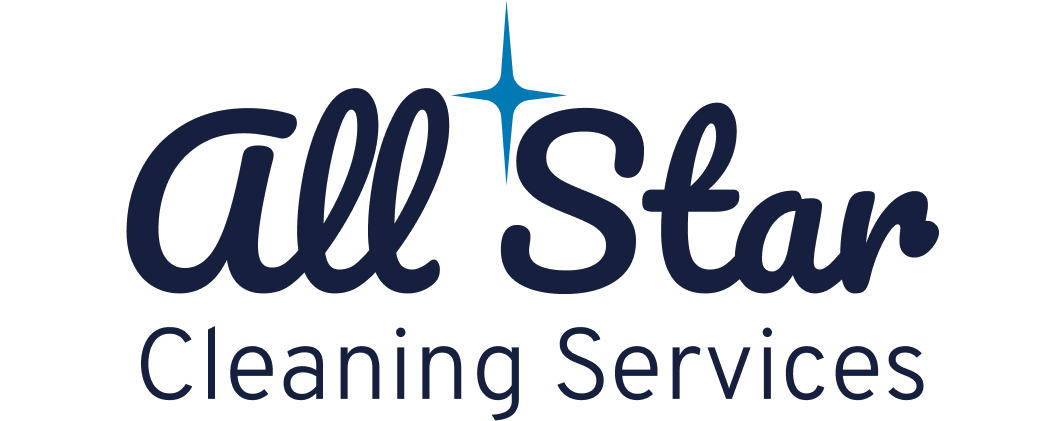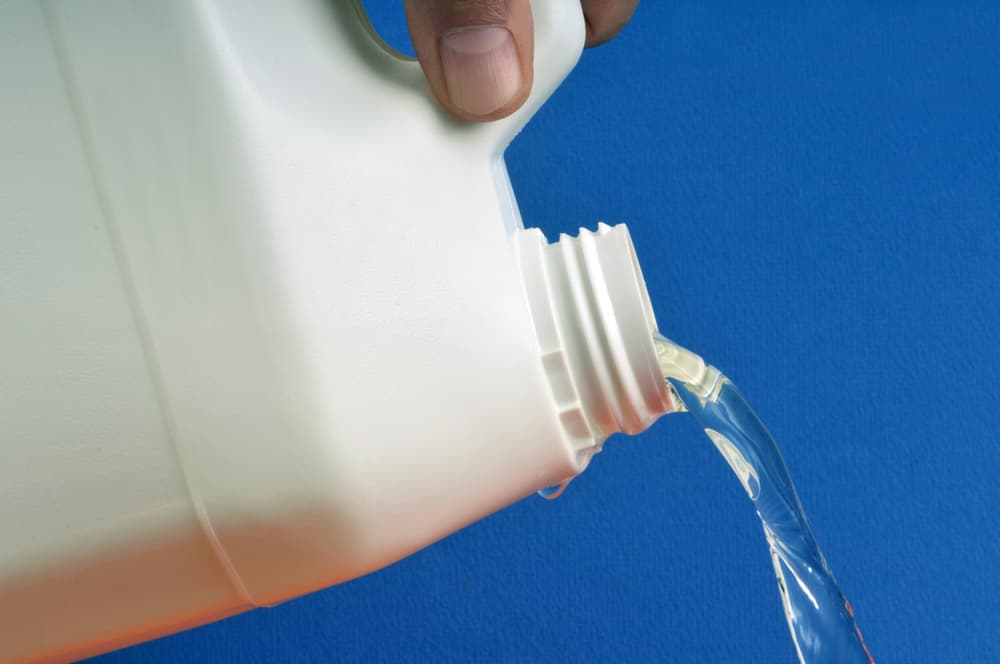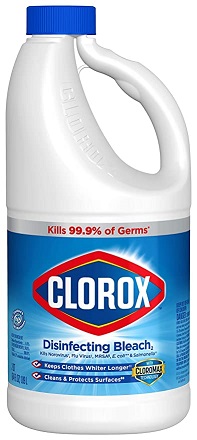I’m always amazed by the sheer number of folks who think household bleach is a cleaning product. Just the other day, I had another professional in the green cleaning world tell me that they will, “Usually use green products, but for first cleans and very nasty things like greasy stoves, we’ll get out the bleach.”
Bleach for grease? Really? How do you think a professional maid service in Fort Collins would react to that?
We’ve talked about alternatives to chlorine bleach on this blog several times. It’s poisonous, may cause certain types of cancer, smells horrible, et cetera. But it’s also just not that great of a cleaning product. There, I said it. Let me get on my soapbox about some common myths and uncommon truths about Chlorine Bleach.
What are some common myths and truths about bleach?
When it comes to household bleach, it’s time to shed some light on some of the most common misconceptions about it that make people think it’s a good household cleaning solution. Also, it’s worth pointing out some truths that will serve to dispel the illusion of bleach being a suitable cleaning product for your home.
Bleach is a verb that means “to remove color from”
Common household bleach, sodium hypochlorite, is an oxidizing color remover. It works by changing color molecules called “chromophores” into non-colored molecules. “Oxidizing” is the same chemical process that rusts steel, turns fat rancid, and causes great damage to cellular membranes (which is why it’s an effective disinfectant).
Bleach is not a degreased, surfactant, or detergent
It will not cut grease or soap scum any more effectively than your average spray cleaner. It is caustic, so it will eat through certain types of soils, eventually. But you’d be better off using a true degreasing product like citrus-solve, or other d-Limonene natural product.
Bleach is the number 1 cause of poisoning in the U.S.
According to the Nation Center for Injury Prevention and Control, chlorine bleach was responsible for more calls to poison control than any other product. The quick stats:
- 218,316 reported poison exposures in 2005 were from household cleaning products.
- Hypochlorite (bleach) was the source of 54,433 poisonings in 2005; 25% of the total
exposures from household cleaning substances and the cause of 8 deaths. - 121,498 children under the age of 6 were poisoned by household cleaners last year.
Chlorine bleach is useful for ONE thing!
I’m a huge advocate of natural and safer cleaning products. Most of the time I will use a different type of oxidizing bleach product such as Sodium Perborate, Sodium Percarbonate (marketed as “oxy-clean”), or Hydrogen Peroxide. But Chlorine bleach really can’t be beat for very stained whites, and even I use it occasionally.
However, as a disinfectant, and a house cleaning product, it is outdated and the risks far outweigh the benefits. That is why it is strongly advised to stop using bleach as part of your regular house cleaning routine and opt for other, more suitable cleaning products.
Which house cleaners in Fort Collins can clean my home without chlorine bleach?
Cleaning your home with the right kind of cleaning products is essential if you want to ensure your home is not only clean and fresh, but also healthy. There are many tricks to keeping your home clean, and tips for cleaning your home without using harmful chemicals. However, if it all gets a bit too confusing and complicated for you to get to grips with, there’s always the option of hiring a professional house cleaning company to help you out.
If you would like to hire a cleaning company, you should go for All Star Cleaning Services of Fort Collins. We’re experts in all-things cleaning-related, and our dedicated cleaners know which products and methods to use in order to give your home the cleaning it deserves. We will dispatch our cleaners to your home, whether you live near Old Town Square, or at another location near Fort Collins. Reach out to us today!


